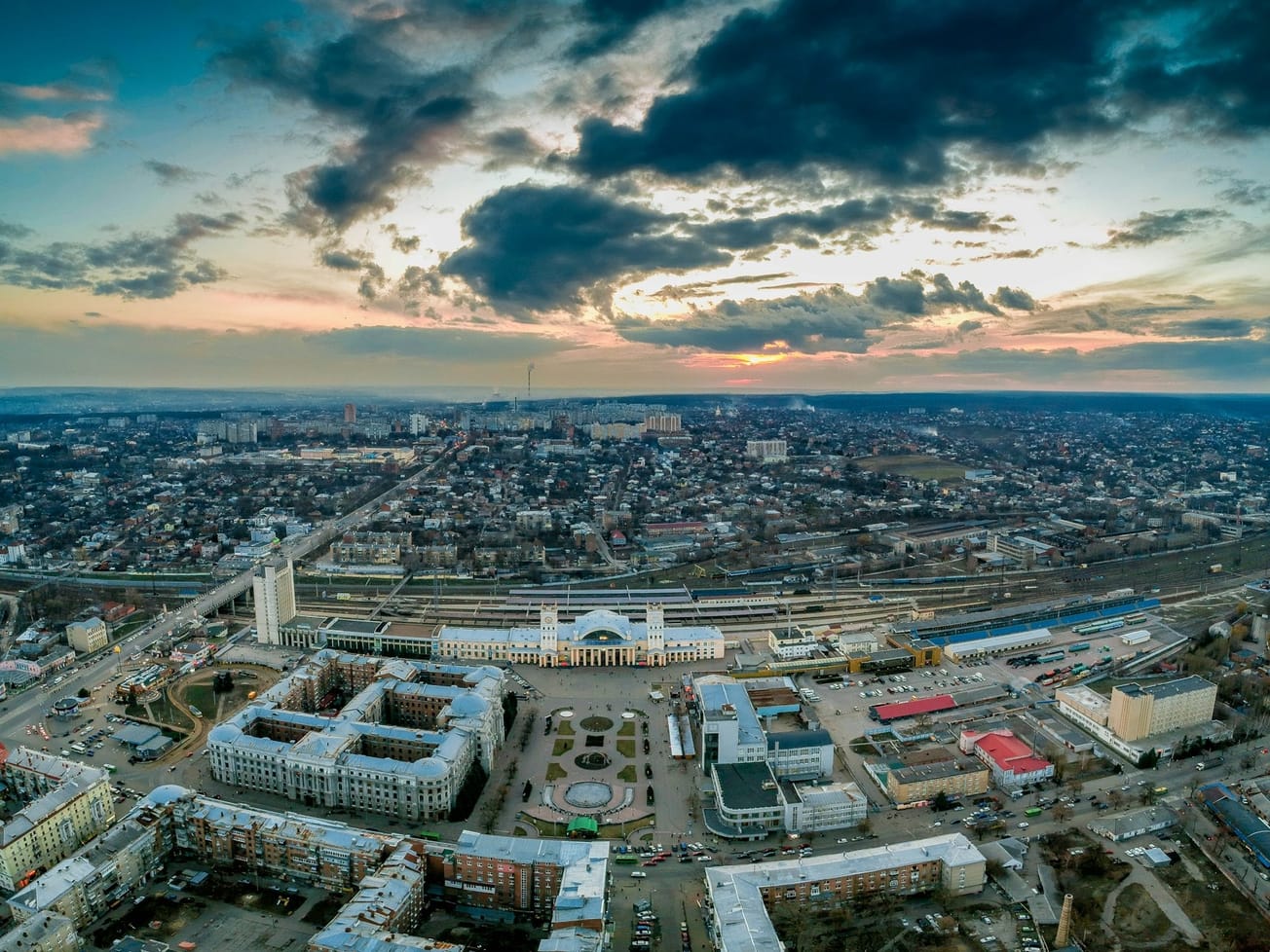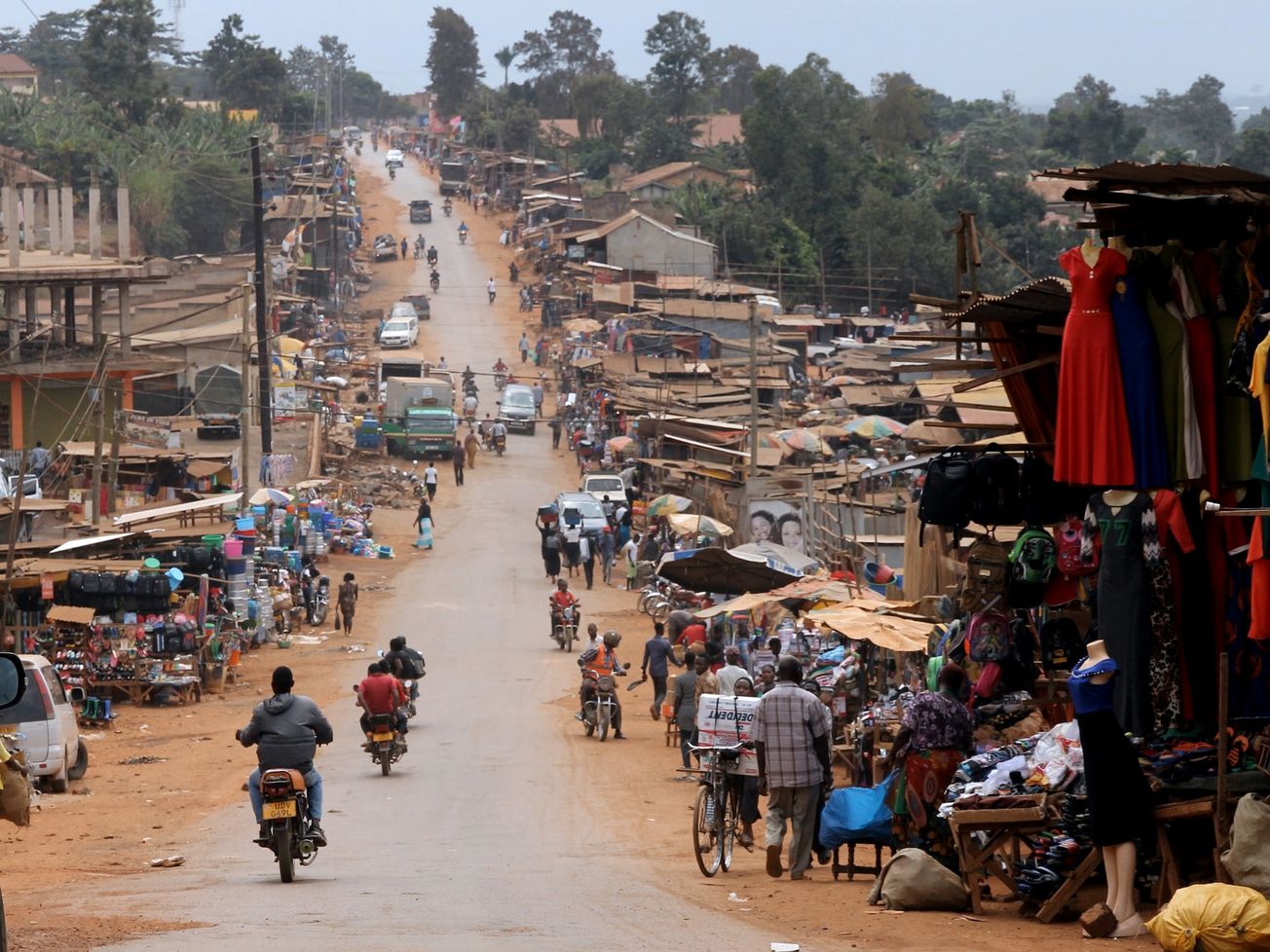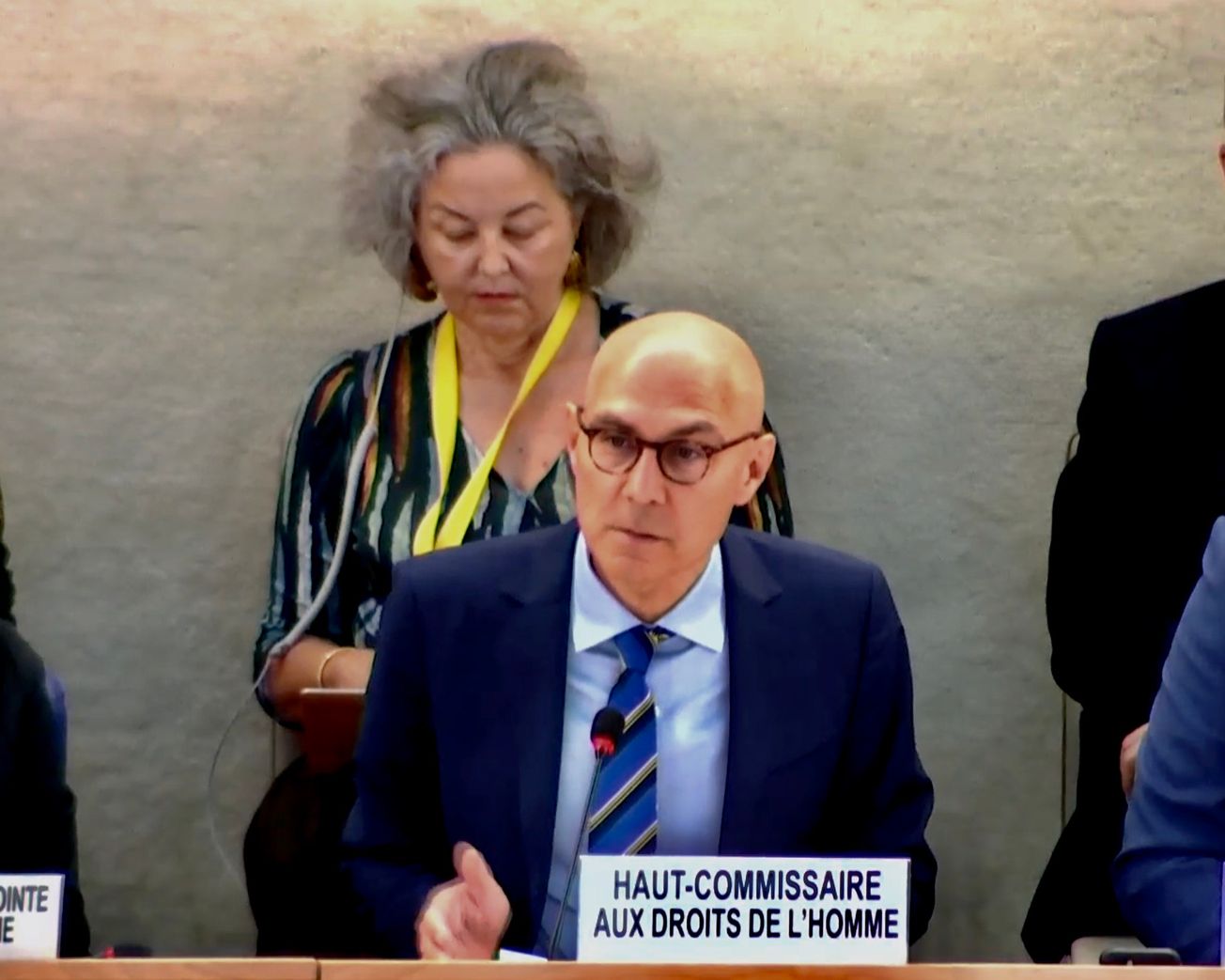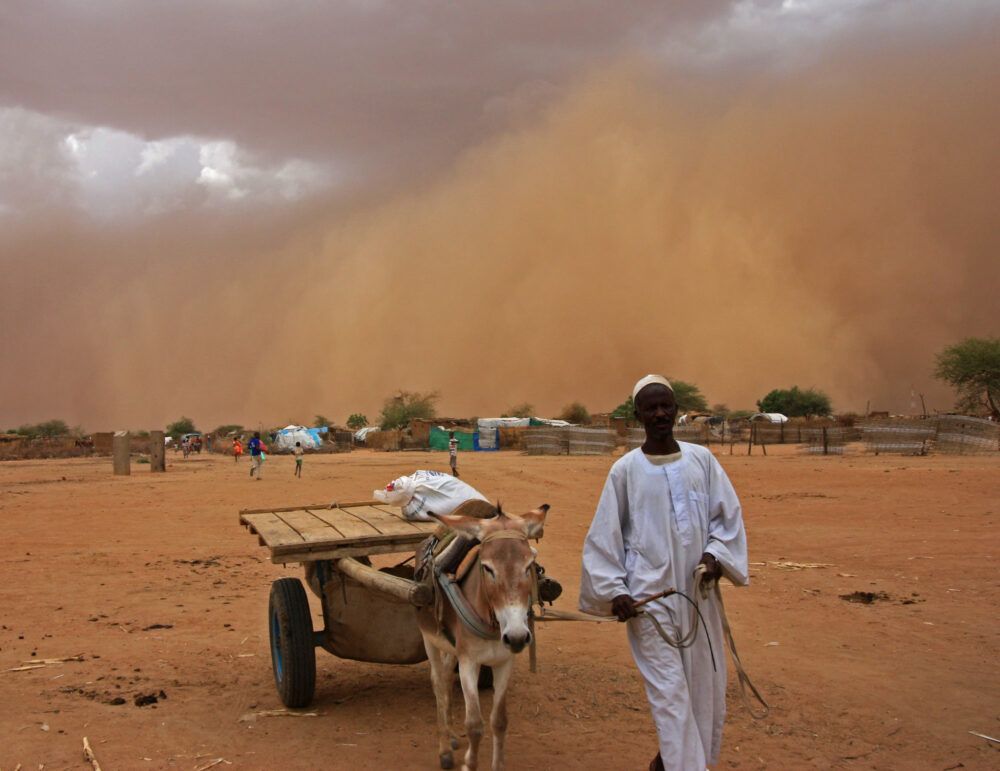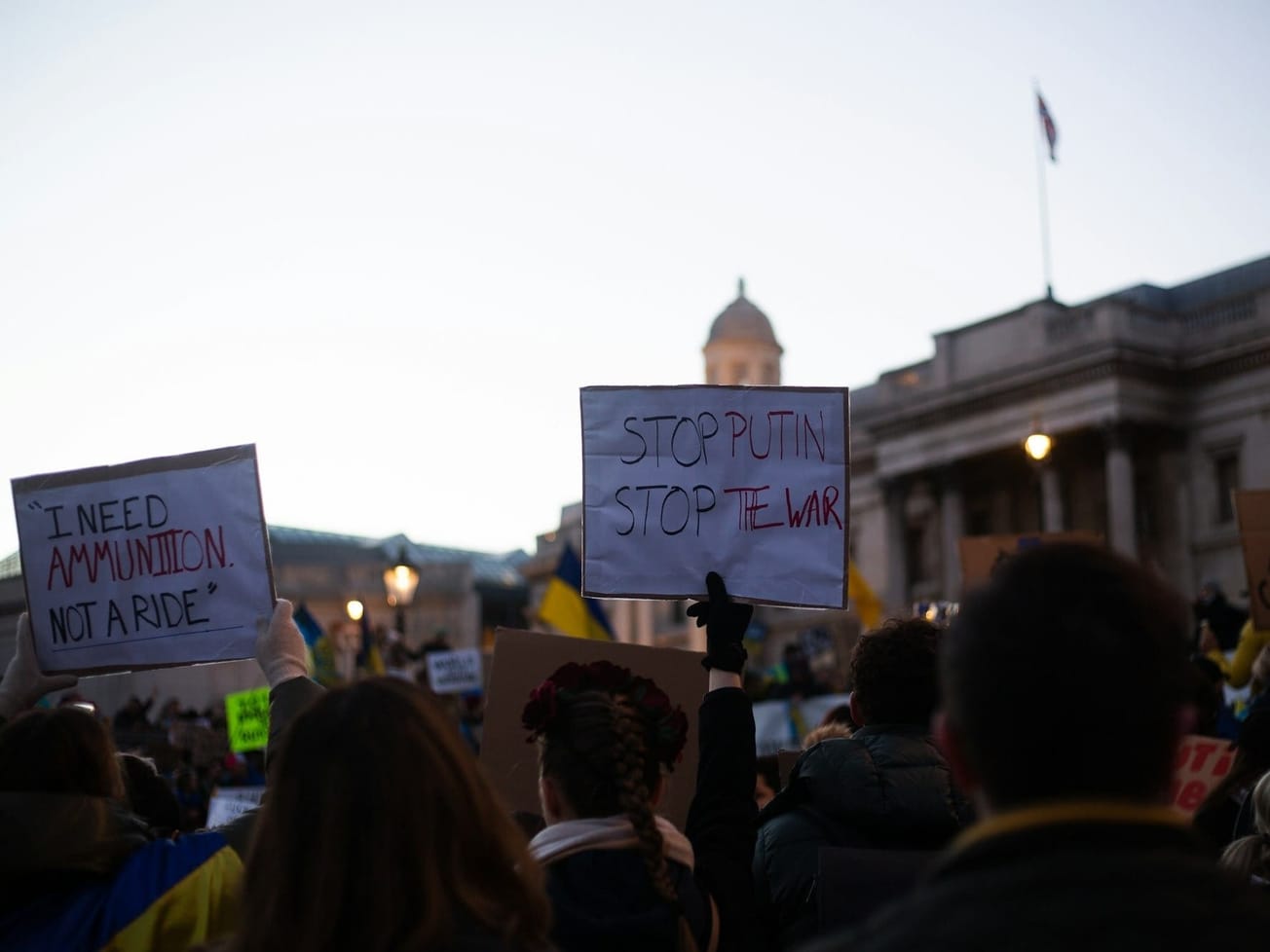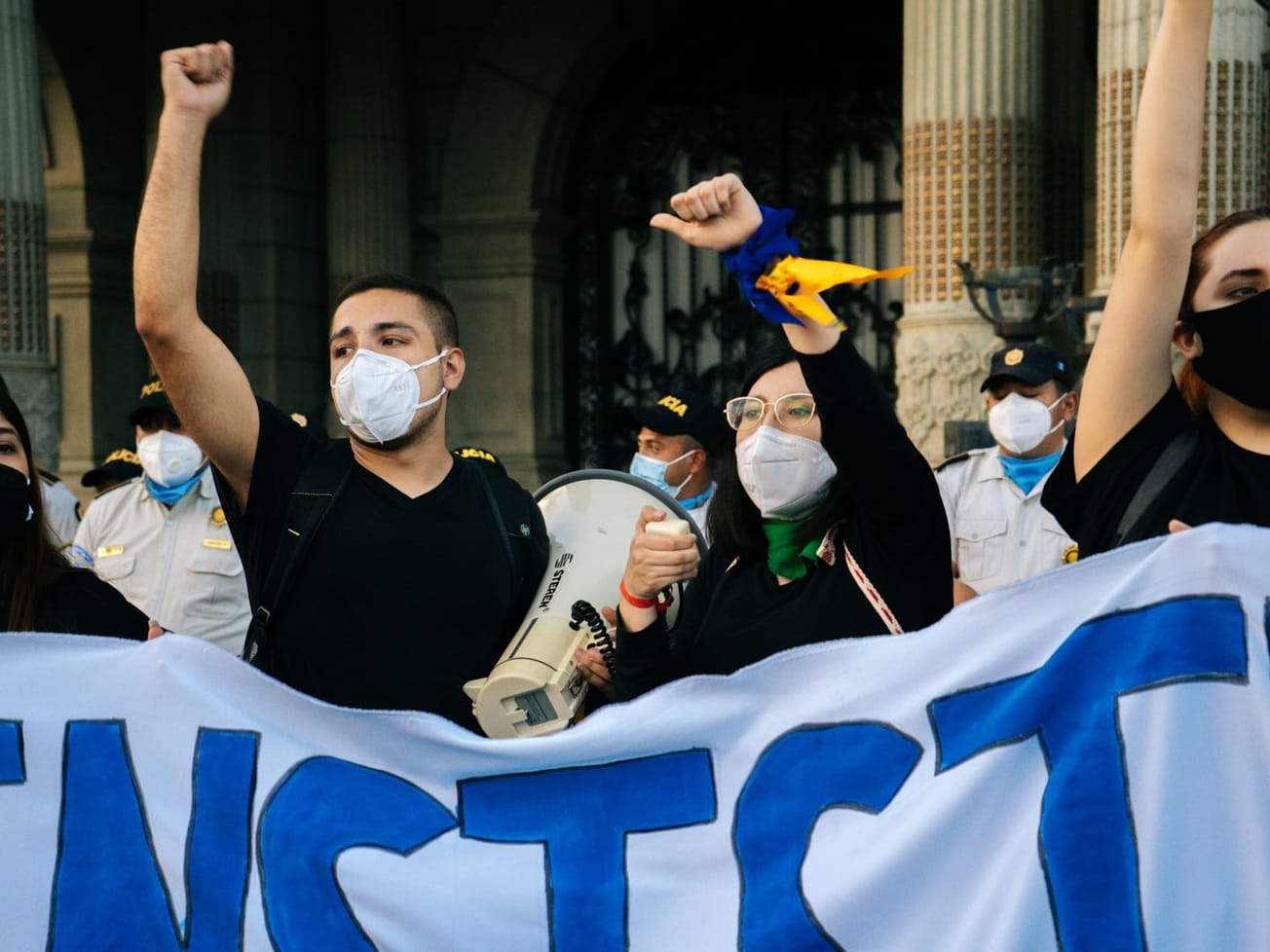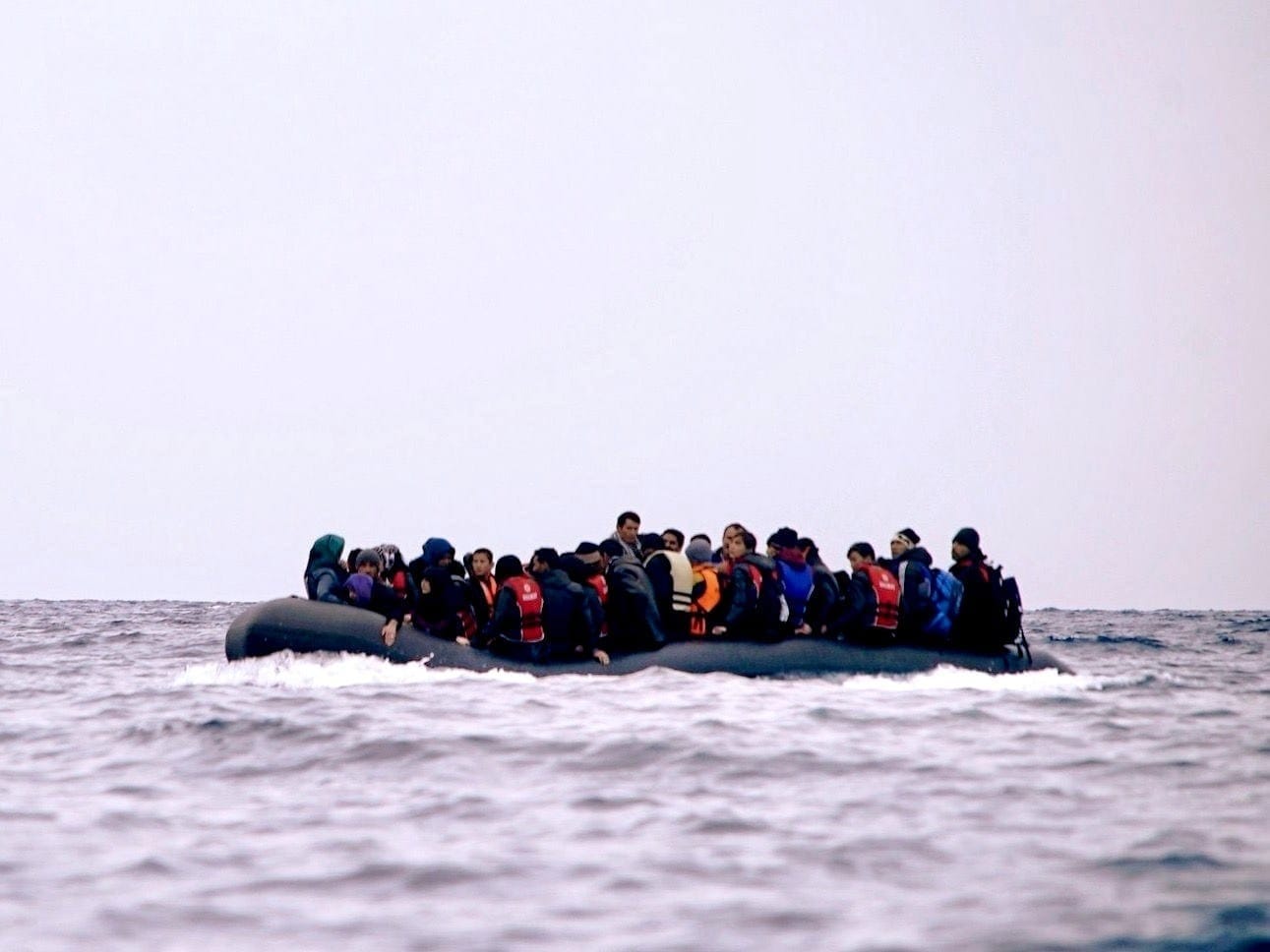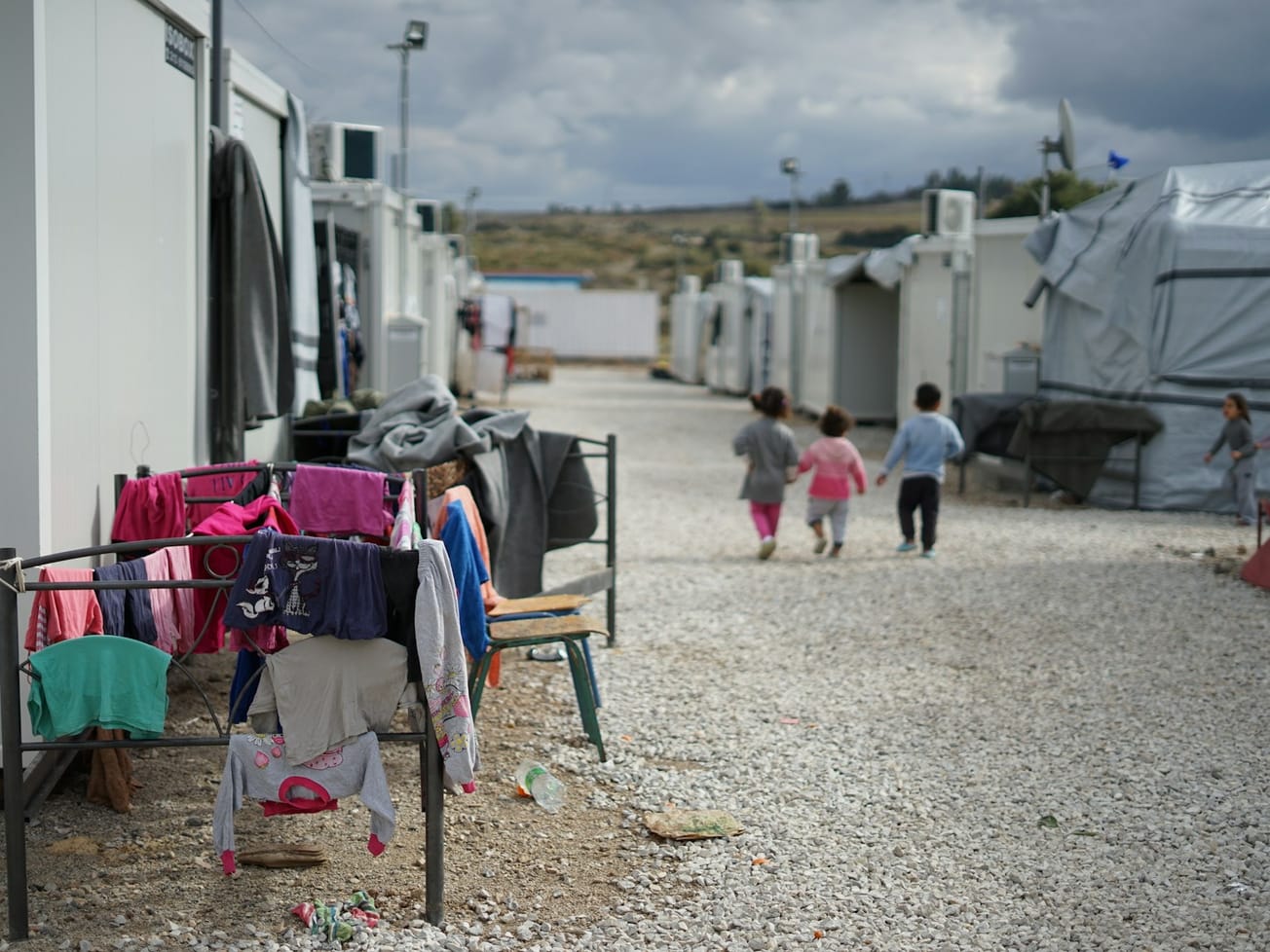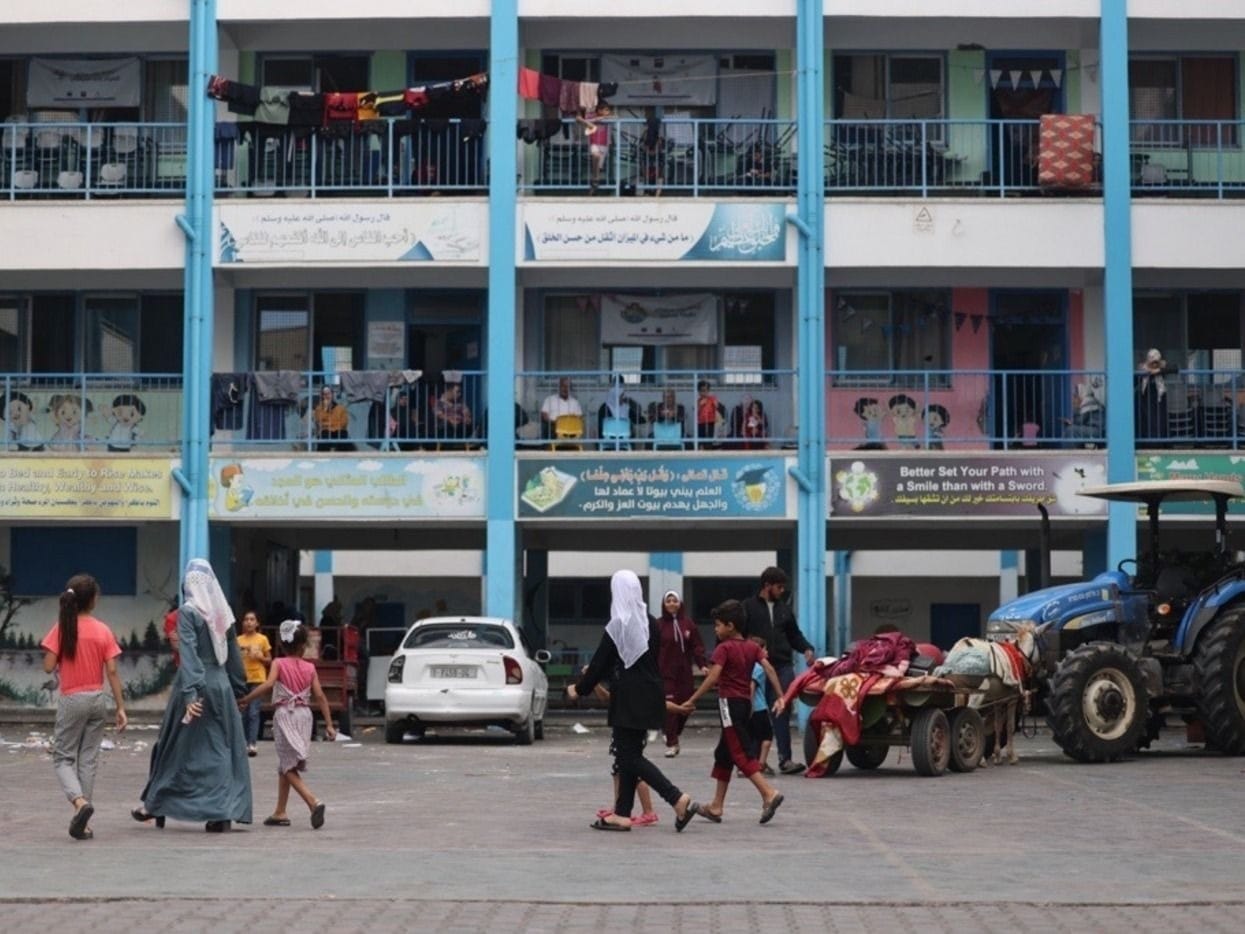
Aid groups call for humanitarian corridor and respect for rules of war
Officials say civilians' basic needs and protections must be upheld in accord with international humanitarian law.
Already have an account? Log in
Officials say civilians' basic needs and protections must be upheld in accord with international humanitarian law.
At the end of a weeklong visit, the U.N. investigator's findings of an orchestrated state policy contradict Moscow’s denials.
The U.S., Albania, Japan, and South Korea led a U.N. Security Council session that shone a spotlight on starvation and repression under Kim Jong Un's regime.
Little more than a week ago, the U.N. Human Rights Committee warned of serious abuses in the nation.
The treaty body that gets the worst cooperation is the Committee on the Elimination of Racial Discrimination.
More than half of the deaths were never documented due to the difficulty of collecting reliable data on death tolls in conflict zones, made still harder by the brutality of Syria's war.
Most of Khartoum, Darfur and North Kordofan are too dangerous to operate in, the U.N. refugee agency said.
The idea is to preserve and teach an ugly chapter of history that might help ward off humanity’s worst impulses.
The U.N. cited executions, human shields, torture and other inhumane treatment by Russian and Ukrainian forces.
The report's alleged war crimes in Ukraine include killings, torture, rape, kidnapped children and attacks on civilians.
A quarter of all humanity lives today in places that are affected by conflict and usually it's the civilians 'who suffer the most.'
It is a fight that spans the continent and entangles international organizations, border security and others.
Alarmed at a sharp increase in the use of the racist “N” word on Twitter, the experts said all the major social media corporations must immediately show greater accountability for online hatred spewed at people of African descent.
Though the release of political prisoners in Myanmar is a relief to those unfairly detained and their families, the U.N. human rights office notes the military junta is still holding thousands of others in detention for opposing military rule.
Most of the world's 8 billion inhabitants prefer to stay within their nation of birth, but almost 1-in-20 have left that behind.
NGOs and humanitarian organizations, many staffed and led by women, provide critical life-saving services in Afghanistan.
